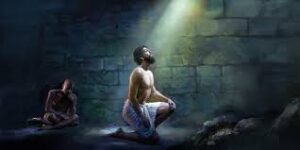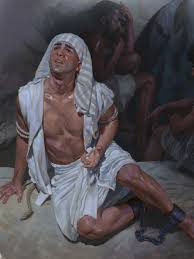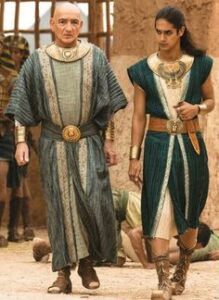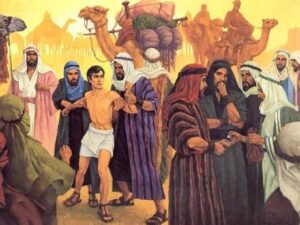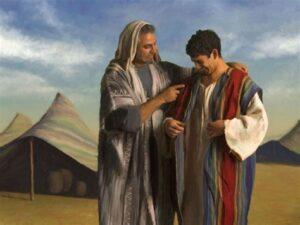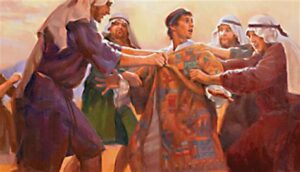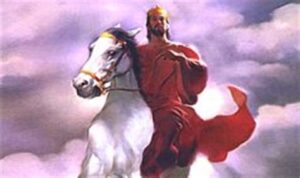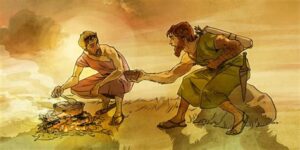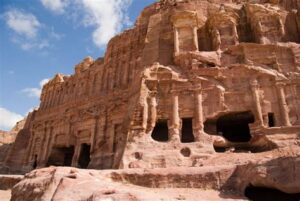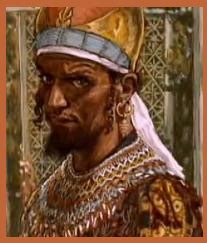Jl – The Cupbearer and the Baker 40: 1-23
The Cupbearer and the Baker
40: 1-23
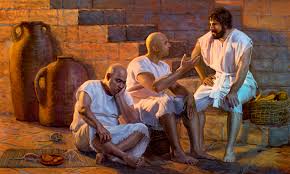
Joseph was seventeen when he was sold into slavery and thirty when he was placed at the right hand of Pharaoh. Therefore, he seems to have spent thirteen years in Potiphar’s household and Pharaoh’s prison. I am sure this felt like a very long time to this proud and intelligent young man. He thought he was ready for leadership at seventeen when he lorded over his brothers with his coat of many colors. But ADONAI had to put him through His school of hard knocks before he was finally ready to lead at the age of thirty!
Isra’el’s greatest king, David, was also thirty when he became king (Second Samuel 5:4), even though he had been anointed when he was much younger (First Samuel 16:11-13). Those who trained from childhood to be Levitical priests had to be thirty before they could begin their ministry in the Tabernacle or the Temple (Numbers 4:46-47).
Rabbi Sha’ul had received outstanding training before his conversion, yet God sent him into the desert for three years (Galatians 1:15-18) of training before he would begin his ministry. In like manner, the twelve apostles received over three years of training before they were ready to fulfill the Great Commission.
For that matter, even Yeshua Himself was about thirty years old when he began his ministry (Luke 3:23), devoting His prior experience to the all-important purpose of growing in wisdom and stature, and in favor with God and man (Luke 2:52).
Joseph was faithful in whatever came to him during those otherwise frustrating thirteen years, and no doubt was diligent in pondering the ways of the LORD until the time finally arrived when He judged him ready for the great work he would accomplish for his people and the world.609



